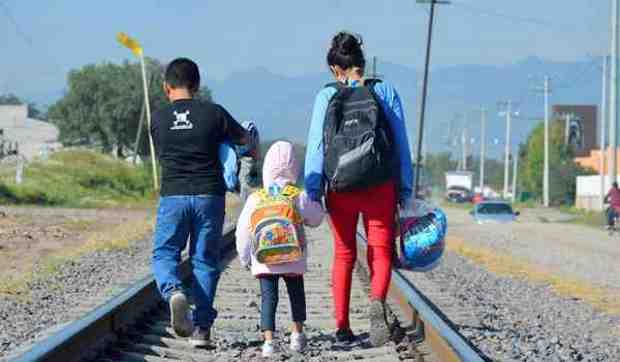Study Finds Internet, Mobile Connectivity a Lifeline for Refugees
Refugees view access to a mobile phone and internet as being critical to their safety and security and essential for keeping in touch with loved ones.
Many refugees regard a connected device as being as vital to them as food, water or shelter, according to a new report from UNHCR – the UN Refugee Agency – and Accenture, a leading technology services company.
The report, Connecting Refugees: How Internet and Mobile Connectivity Can Improve Refugee Well-Being and Transform Humanitarian Action, is based on research undertaken in 44 countries on four continents. It shows that for many refugees a connected device is a lifeline and a critical tool for self-empowerment.
Unsurprisingly, according to the report, affordability is often a barrier to connectivity. Refugees living in urban areas tend to have similar access to mobile networks as other urban populations, but for refugees in rural locations the picture is very different.
[ U.S. Deporting Thousands of Refugee Children ]
Only one in six refugees is located in areas with 3G access, and one in five rural refugees having no mobile coverage at all – significantly lower than for the population at large. This effectively prevents many refugees from participating in the cultural, educational, and economic activity that connectivity affords.
“Connectivity can help broaden the opportunities for refugees to improve their own lives and pursue a vision of a future that would otherwise be denied to them,” said Filippo Grandi, United Nations High Commissioner for Refugees.
The report recommends additional investments in three main areas, which together form the basis of a new UNHCR Global Strategy for Connectivity for Refugees.
[ Request for Help to Open Free School for Poor Children ]These include increasing the availability of mobile networks, improving affordability, and providing access to training, digital content and services.
The report also identifies a number of strategic interventions to help ensure connectivity, ranging from partnering with Mobile Network Operators (MNOs) and other technology / communications companies to improve infrastructure, making targeted investments in infrastructure, and enabling an environment and system for digital service delivery.
Research findings are based on an assessment of refugee connectivity trends and usage and included surveys of and interviews with UNHCR staff and refugees, as well as geospatial mapping of global network coverage.
The findings – released Wednesday – are informed by direct feedback from 238 refugees through 20 focus groups in 10 countries; survey responses from 95 UNHCR offices in 44 countries and more than 3 million refugees; in-person interviews with UNHCR staff in five countries; analysis of proprietary mobile network coverage data; and refugee demographic data from UNHCR and public sources.
Photo courtesy: UNICEF











